Kathmandu, Sept 15 (V7N) – Nepal is preparing for national elections within six months after days of violent unrest forced the resignation of Prime Minister KP Sharma Oli and the dissolution of Parliament. President Ramchandra Poudel, in a move to restore political stability, appointed former Chief Justice Sushila Karki as the country’s interim Prime Minister on 12 September 2025.
Karki, 73, who earlier served as Nepal’s first woman Chief Justice of the Supreme Court, became the first woman to lead an interim government in the Himalayan nation. She was sworn in at the Presidential Palace in Kathmandu in the presence of Vice President Rambaran Yadav and diplomats representing India, China, the United States, and other countries. An alumna of Banaras Hindu University and a law graduate of Tribhuvan University, Karki has been entrusted with the responsibility of conducting elections for the 275-member House of Representatives by 5 March 2026 (Falgun 21, 2082 BS).
The decision followed a massive uprising on 8 and 9 September, when hundreds of thousands of young protesters flooded the streets of Kathmandu and other cities, demanding accountability, the lifting of restrictions on social media, and an end to widespread corruption. The demonstrations quickly escalated into violence after police crackdowns, leaving more than 70 people dead, including 55 youths, and injuring over 1,500 others. Protesters stormed Parliament, the Supreme Court, ministerial offices, and several political party headquarters. At least two leading media outlets—Kantipur Media Group and Annapurna Media Network—were vandalized, while six journalists, including two from India, were assaulted. Amid the chaos, more than 12,000 prison inmates escaped, though authorities later re-arrested some of them.
Outgoing Prime Minister Oli, who led the Communist Party of Nepal (Unified Marxist-Leninist), stepped down following the unrest. Many of his ministers also resigned and reportedly fled abroad. Nepal’s politics has remained unstable since the abolition of its 239-year-old monarchy in 2008, with leadership rotating between Oli’s CPN-UML, Pushpa Kamal Dahal “Prachanda” of the CPN (Maoist Centre), and Sher Bahadur Deuba of the Nepali Congress. Despite the introduction of multiparty democracy, public frustration has mounted over persistent corruption, unemployment, and lack of governance.
President Poudel, supported by Nepali Army chief General Ashok Raj Sigdel, appealed to citizens to reject misinformation and extend support to the interim administration. In his address, he called for national unity to overcome the crisis and ensure a peaceful transition toward elections.
The appointment of Karki has drawn international attention. Indian Prime Minister Narendra Modi expressed deep concern over the turmoil in Nepal, extended condolences for the loss of young lives, and wished Karki success, reaffirming India’s commitment to Nepal’s peace and prosperity. The Dalai Lama, issuing a message from Dharamshala, congratulated her on the appointment and highlighted the historical ties between Nepal and Tibet, while expressing gratitude for Nepal’s long-standing support to Tibetan refugees. China’s foreign ministry also welcomed Karki’s leadership, vowing to strengthen bilateral relations, and Bangladesh’s interim government chief Dr Muhammad Yunus voiced confidence that her tenure would bring peace, stability, and development to Nepal.
Observers note that while revolutions can be driven by mass outrage, the challenge lies in guiding a nation through the post-crisis period. For Nepal’s new generation—facing poverty, unemployment, and disillusionment with politics—the coming election will test whether the country can restore faith in democracy.
Nepal now stands at a critical juncture. With elections scheduled by March 2026, the interim government’s ability to maintain order and deliver a credible vote will determine whether the nation can rebuild itself as a state of peace, stability, and compassion in the Himalayan region.
END/NJT/SMA/



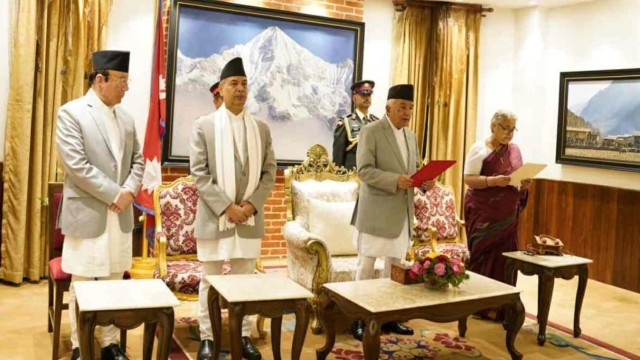
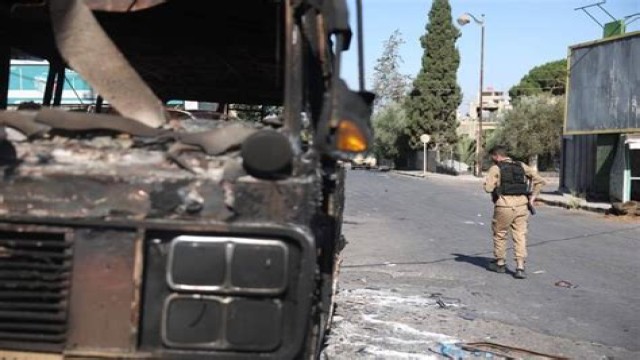
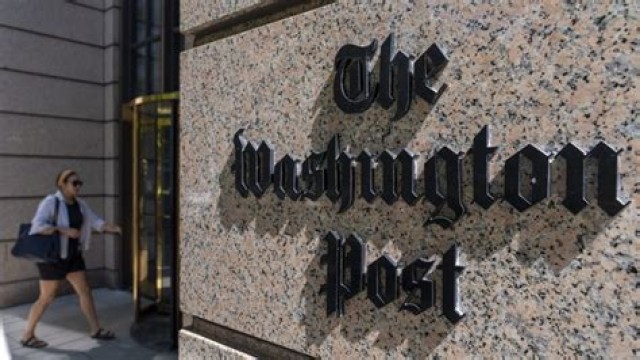
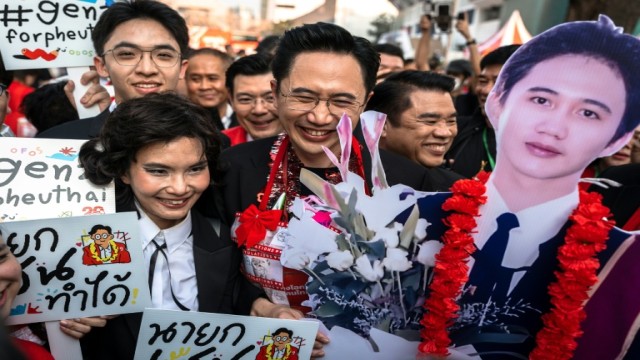
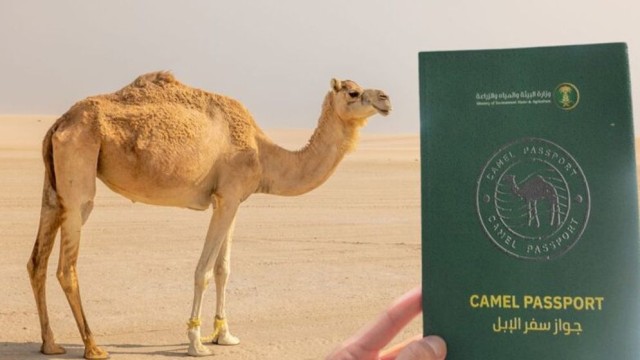
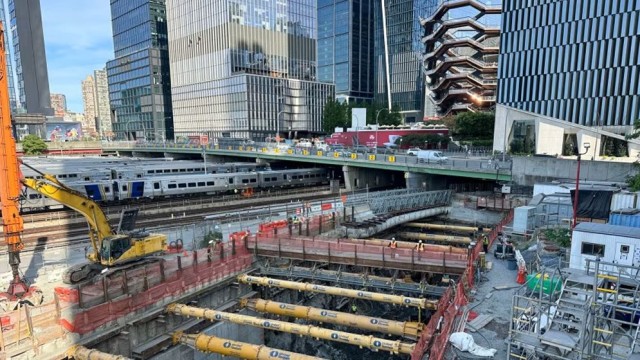
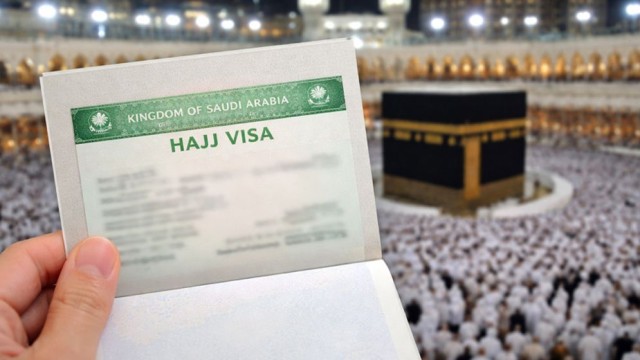
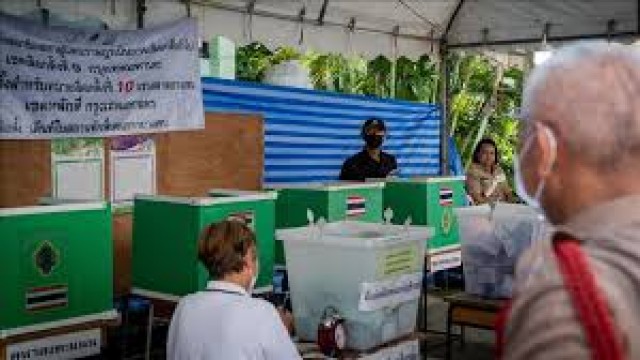
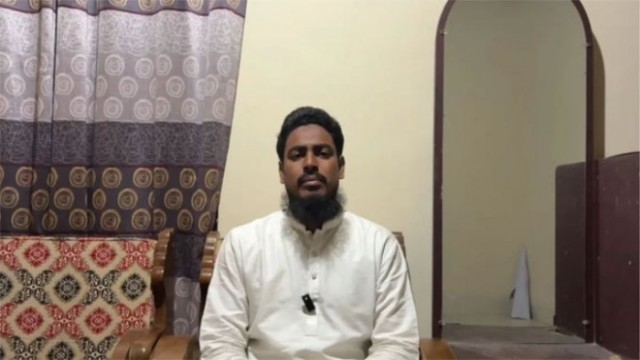

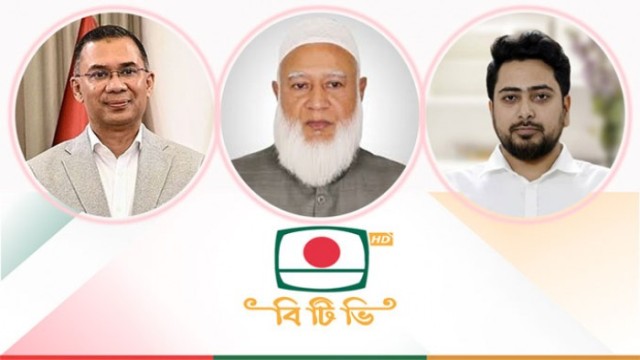
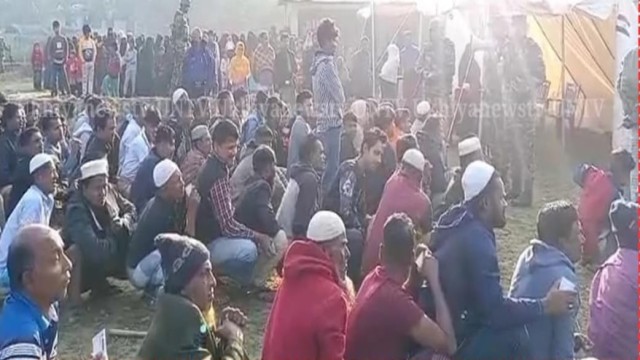

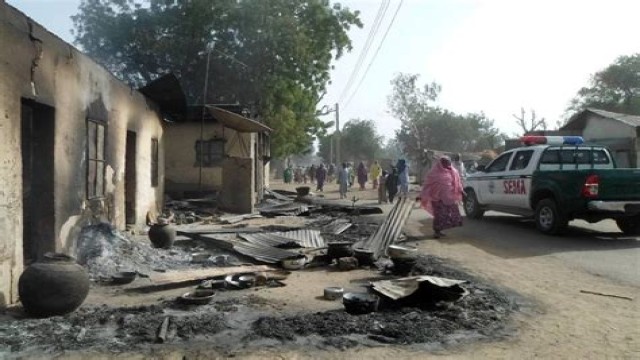









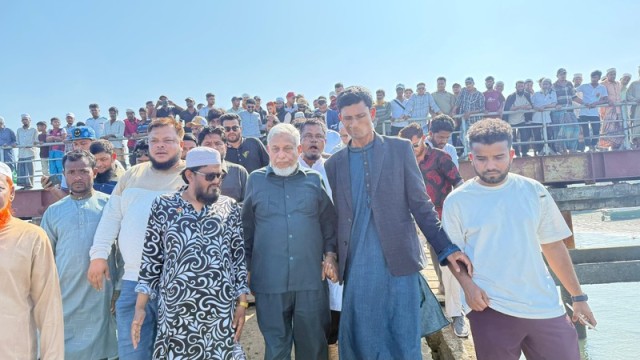

Comment: